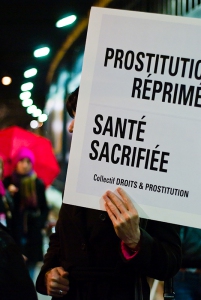I felt compelled to share with everyone what I thought was an important discussion of the Fair Elections Act: the Thursday night broadcast of The Agenda on TVO. Unfortunately, a major component of the broadcast was a one-on-one with Pierre Poilievre, the Minister of State for Democratic Reform. Ordinarily I would say that including the minister or member primarily responsible for a piece of legislation in a discussion of said legislation is at least desirable if not essential. Unfortunately, in this case the minister has shown himself again and again1 to be, um, a pants-on friar, and I can’t ethically re-post anything he says without extensive rebuttal. He’s like the Iraqi Information Minister during the 2003 invasion, but not as likeable.
As of yesterday (Friday), there’s good news for everyone and bad news for me. The good news for everyone is that Poilievre is open to changing some parts of the bill – though problematic items remain. The bad news for me is that there was an overnight window during which this post would have been oh, so timely, and I totally missed it.
In the commentary that follows, I’ll be referring to a Globe and Mail piece called “Everything you need to know about the Fair Elections Act”. I won’t comment on everything – just the parts that would make my younger self throw things at the screen.
In that piece, Nerenberg notes that Poilievre has been doing one-on-one interviews rather than panel appearances. It might be telling that he does not appear in the panel discussion on this show, but availability might be a reason. I haven’t looked into it. ↩

